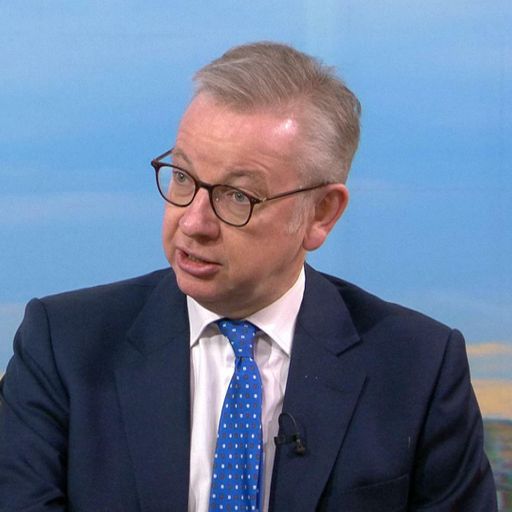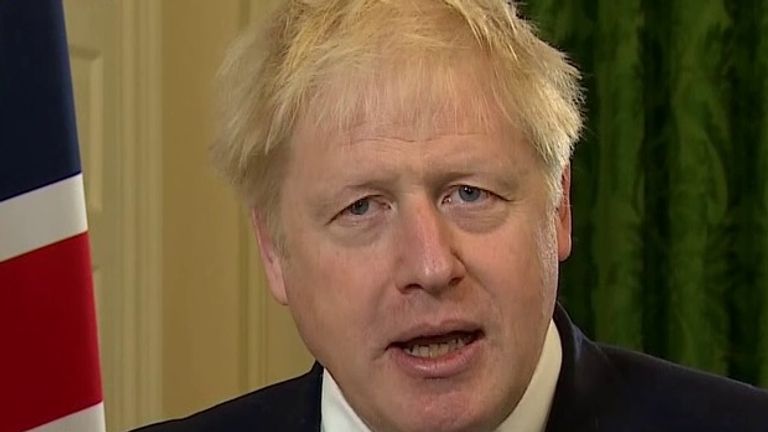Boris Johnson has claimed the EU has refused to agree to the “Canada-style” trade deal he wanted for the UK so it will now be “more like Australia’s”.
Sky News looks at what that could mean for the UK’s future relationship with the EU.
What deal does Australia have with the EU?
Australia and the EU signed a “framework agreement” in 2017, building on an agreement signed a decade before which establishes a general principle of co-operation on areas including trade, foreign policy and security, development and humanitarian issues.
This means they do not have an actual trade agreement – it is not as substantial or committal as that and is essentially a statement of good intent ahead of a concrete deal being made.
Some critics have said using the term “Australia-style” arrangement is simply a more palatable way of saying “no deal”.
Business Secretary Alok Sharma confirmed this by saying the difference between an Australia-style deal and no deal is “a question of semantics”.
While they work towards a deal, the EU and Australia operate mainly on World Trade Organisation (WTO) rules, with large tariffs on imports and exports.
When it comes to customs, Australia and the EU have pledged to “examine possibilities to simplify customs procedures”.
On trade, the agreement commits both sides to try to reduce the “technical barriers to trade” – but with tariffs.
They have a specific wine trade agreement, which came into force in 2010, which safeguards the EU’s wine labelling regime and gives full protection to EU geographical indications so Australian wine producers cannot use names such as Champagne, port and sherry.
And the two sides have reached an agreement to allow Australia to participate in EU crisis management operations.
EU passenger name records are also transferred to Australian border authorities to help combat crime and terrorism under the agreement.
What would an Australia-style deal look like for the UK?
There would not be a free trade agreement with the EU.
The UK would have to abide by WTO rules, so tariffs would be imposed on goods coming into the UK from the EU and vice versa.
At the moment, there are no tariffs on goods moving between the UK and the EU – a big difference to Australia which has always had tariffs with the EU.
With tariffs, that would mean there would be 10% additional costs on cars and up to 30% on milk, cheese and some meat.
Shops would inevitably pass that price onto the customer, while some companies have said they would move out of the UK as they rely on frictionless trading relationships.
The UK has a large services market and under an Australia-style deal it would lose any preferential access to EU markets.
Why does Boris Johnson say the EU will not agree to a Canada-style deal?
The EU’s trade deal with Canada includes checks on imports and exports that currently do not exist between the UK and the EU, so there would be a lot more red tape for businesses.
However, it also involves reduced tariffs on imports, with 98% of products being tariff-free, but they do remain on eggs and poultry, for example.
:: Subscribe to the Daily podcast on Apple Podcasts, Google Podcasts, Spotify, Spreaker
There are also quotas on some goods, which means a certain amount can be exported without extra charges.
But, Mr Johnson said the EU is offering less generous terms than the Canada deal, including the length of stay for short-term business visitors and a lack of sector-specific provisions for key industries.
He also said the EU has demanded a level-playing field on many more issues than their agreement with Canada.
These include a UK commitment to follow the EU’s state aid rules and preventing the UK from undercutting current regulations to gain a competitive advantage.




